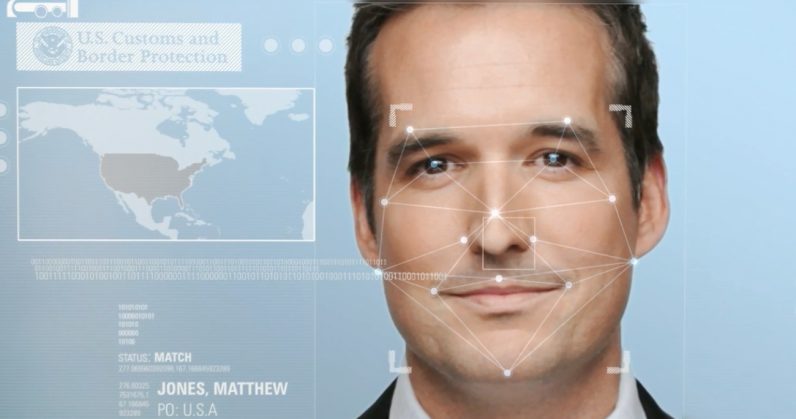Facial Recognition is genuinely a cornerstone in the field of artificial intelligence. Alas, like most technologies, things might take a grave turn depending upon the intent.

Today, facial recognition is the most marketable and secure biometric security measure, putting your facial features at the center of the security of your digital life; from your phone to your laptop, it is everywhere.
This technology is an act on your privacy and there is no consent for the use cases that encroach upon your privacy today.
In May 2019, the first case of its stature underwent in the UK. The victim sued the South Wales police of using facial recognition technology to record, identify and potentially, track participants of a peaceful protest with no constructs in place for discussing consent.
While matters of mass surveillance are a topic of much debate, the repercussions are far-reaching and unprecedented. In the recent years, the academia and the world at large have witnessed the development of the deep face, a program that can learn the facial expressions of any person and superimpose them over another video of potentially anyone to produce a convincing product that paints a fraudulent picture.
In 2008, FBI was locked out of an iPhone that had been encrypted with a passkey. With biometrics, such as facial recognition, we are surely making their work easier.
Your face’s intrinsic value has increased manifold. With facial recognition technology, the more you use it, the more vulnerable you are.










